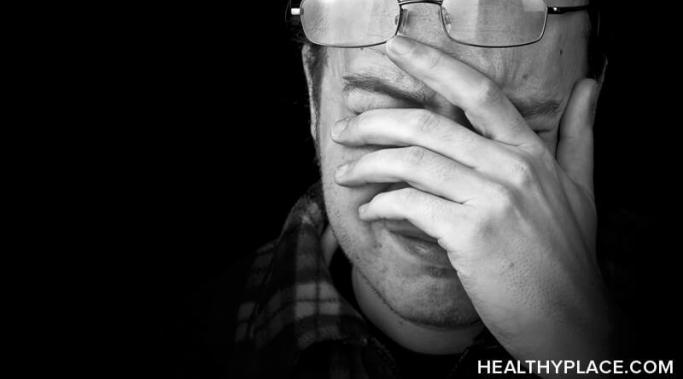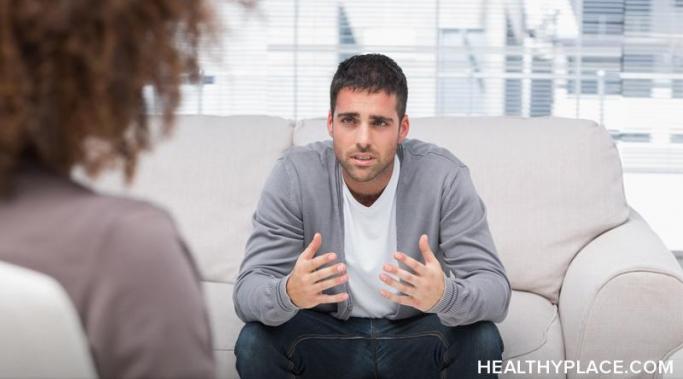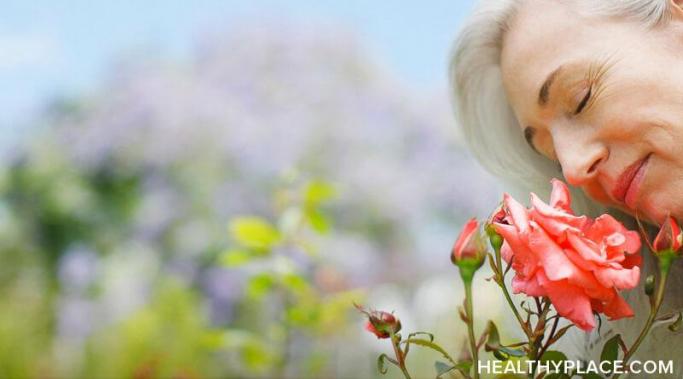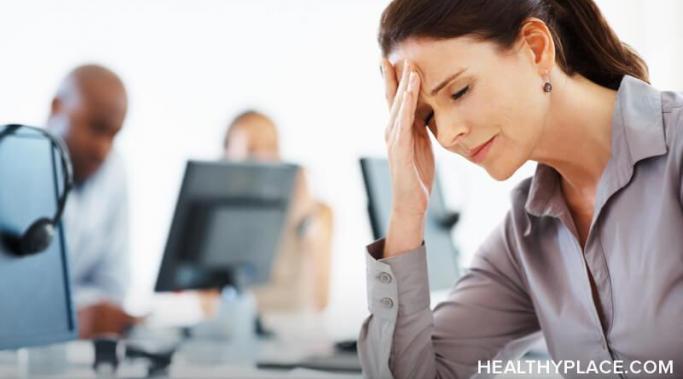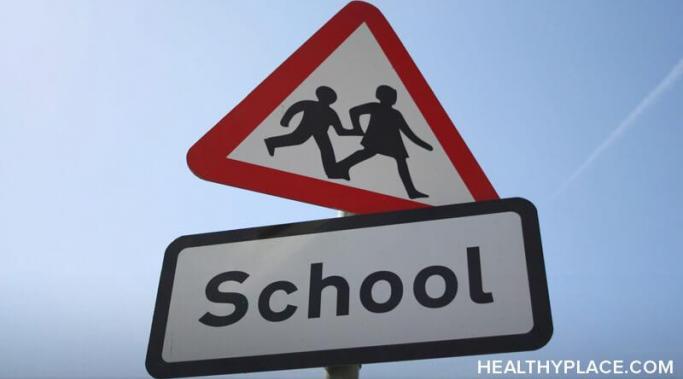Blogs
During childhood, crying is an expected reaction to pain. Children do not know many other ways to express negative emotions. But as adults, most of us understand emotions and know how to handle them in public situations. Many adults are embarrassed to cry because they do not want to appear weak. However, crying does not deserve the bad reputation it has received. Crying can actually benefit us in many ways. To learn about three benefits of crying, continue reading this post.
Narcissism and self-harm may not seem like an obvious pair. After all, most narcissists think extremely highly of themselves, so engaging in self-injurious behaviors might seem like a counter-intuitive action. However, there is a form of narcissism where self-harm is more prominent, and some might even use it to manipulate their victim.
Like many aspects of mental health, therapy is steeped in stigma. People talk about it in hushed tones and behind closed doors, but really, we need to have open conversations about therapy. In this blog post, I'm going to share my thoughts on why.
Having a mental illness can affect the meaning an individual experiences in life. I have had multiple family members with mental illness say they don't feel as though they can have an equally meaningful life as their neurotypical counterparts. That's just not true. Here is an article about how to find the meaning of life, written from the perspective of people that suffer from mental illness.
When was the last time you felt good about yourself at work? Was it because of the amount of work you got done, especially at a time when you had zero motivation? Or was it when you got a pay raise? If reasons like these make you feel worthy at work, you may have a case of internalized capitalism.
Even though Kurt Cobain died by suicide years before I started experiencing schizoaffective suicidal ideation, his death would have a big impact on my suicidal thoughts. (Note: This post contains a trigger warning.)
Finding the right self-harm psychology tools is vital for creating a sustainable path forward into long-term recovery. Today, I want to share a few of the tools that I've personally found particularly useful over the years.
Childhood bullying caused me to have a fairly miserable time at school. I was bookish, physically inept and socially awkward. Add to that the headgear and a built-up shoe, and you had a sight that would make any school bully drool.
Exercise and mindfulness are both widely accepted and research-supported ways to reduce anxiety. Combined, their anti-anxiety power skyrockets. When you exercise mindfully, anxiety takes a big hit. Read on to learn why and how to do it.
I’ve never been the most athletic person, and because of that, I’ve tended to avoid sports for my entire life. Despite that, I’ve always been one to keep up with my exercise, and walking is my most common form of exercise.
